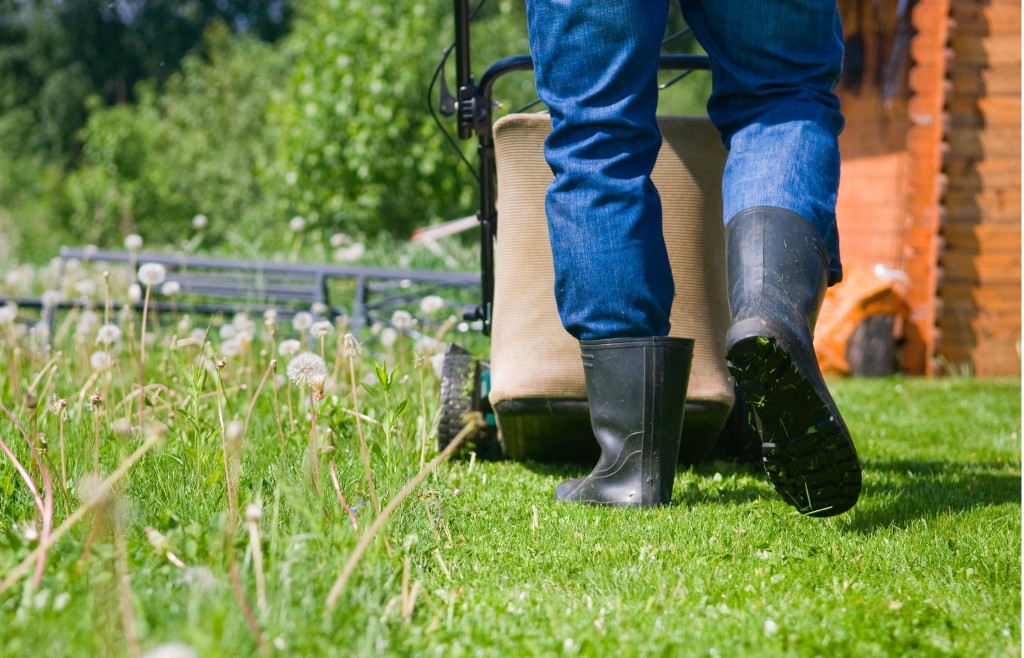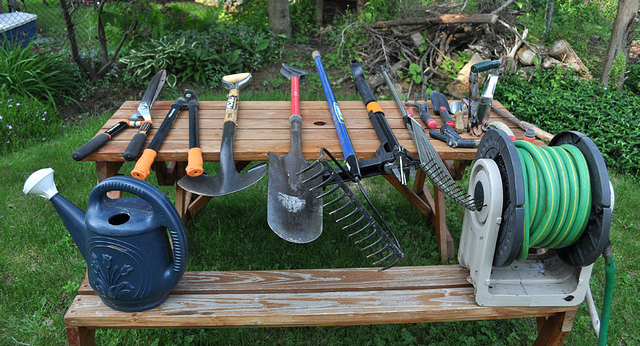Once winter finally arrives and we get all snuggled up in our chunkiest knitwear, it’ll be necessary to think about snuggling up to our gardens as well. Putting your garden to bed for the winter, as some like to call it, is an essential step if you wish to see you garden flourish in the spring. Of course, tending to your garden during these colder months isn’t quite difficult as the goal is to simply spruce up, clean the residues and cover the soil, so your garden would be able to survive the upcoming winter. Following these few tips will surely help you prep your garden properly.
Vegetables
If you have a veggie garden, the first thing you should do is harvest tomatoes, beans and peas and examine whether they have traces of disease. If they turn out to be healthy, the best solution is to turn them into compost, which you can use to cover up the soil so it would receive valuable organic matter. It’s also important to clear your vegetable garden from all weeds and plant residues and debris and apply manure, mulch and preferably lime. There’s also an option of planting cover crops in order to improve your soil during the winter.
Herbs
Depending on the type of the herbs you’re growing in your garden, it’ll be necessary to take different types of measures to protect them from the upcoming winter. For instance, some herbs such as sage and thyme don’t require any special treatment during those colder months, as they have the ability to withstand colder temperatures. You can easily leave them outside during winter, as they’ll go dormant and revive themselves once spring arrives. When it comes to rosemary, parsley and chives, although they can withstand a light frost depending on the area you live in and how harsh the winters are, it’ll probably be best to bring them inside until winter ends.
Trees and Shrubs
Preparing trees and shrubs for the winter should usually start in fall, as you’ll want to ensure that they get enough water before the ground freezes over winter. You can find a good selection of watering hoses at Gilmour, and once the ground does freeze, make sure to apply a thick layer of leaf mulch around the trees, as well as around rose shrubs. Examine the trees for broken branches and remove any diseased parts.
Perennials
Similar to trees and shrubs, perennials also need to be watered excessively during the fall so they’d have enough moist until the ground freezes. The next step is to cut the stems on perennials so they’d be 2-3 inches from the ground. After this, you’ll want to mulch all the uncovered soil by using a combination of pine needles, hay and evergreen boughs. Once the frost goes away, it’s a good idea to dig up certain plants, like gladiolus, dahlias and cannas, and store them in a dark and humid place until spring.
Annual Flowers
Anybody who grows annual flowers knows that most of these plants can survive a light frost, but will wither once the harsher weather starts. The best you can do is wait until the frost disappears, pull out the dead annual plants and use JNS skip bins to discard them. You can also apply a few layers of chopped leaves to the flower beds to feed the soil over winter.
Growing a garden is a beautiful venture, but it’s important to learn how to tend to your plants properly so they’d be able to bloom all year round. Inform yourself thoroughly about the needs of specific plants you’re growing and the climate in your area and you won’t have an issue with managing your garden during any season.
Diana Smith is a full time mom of two beautiful girls interested in topics related to business technology and marketing.



















































































































































































